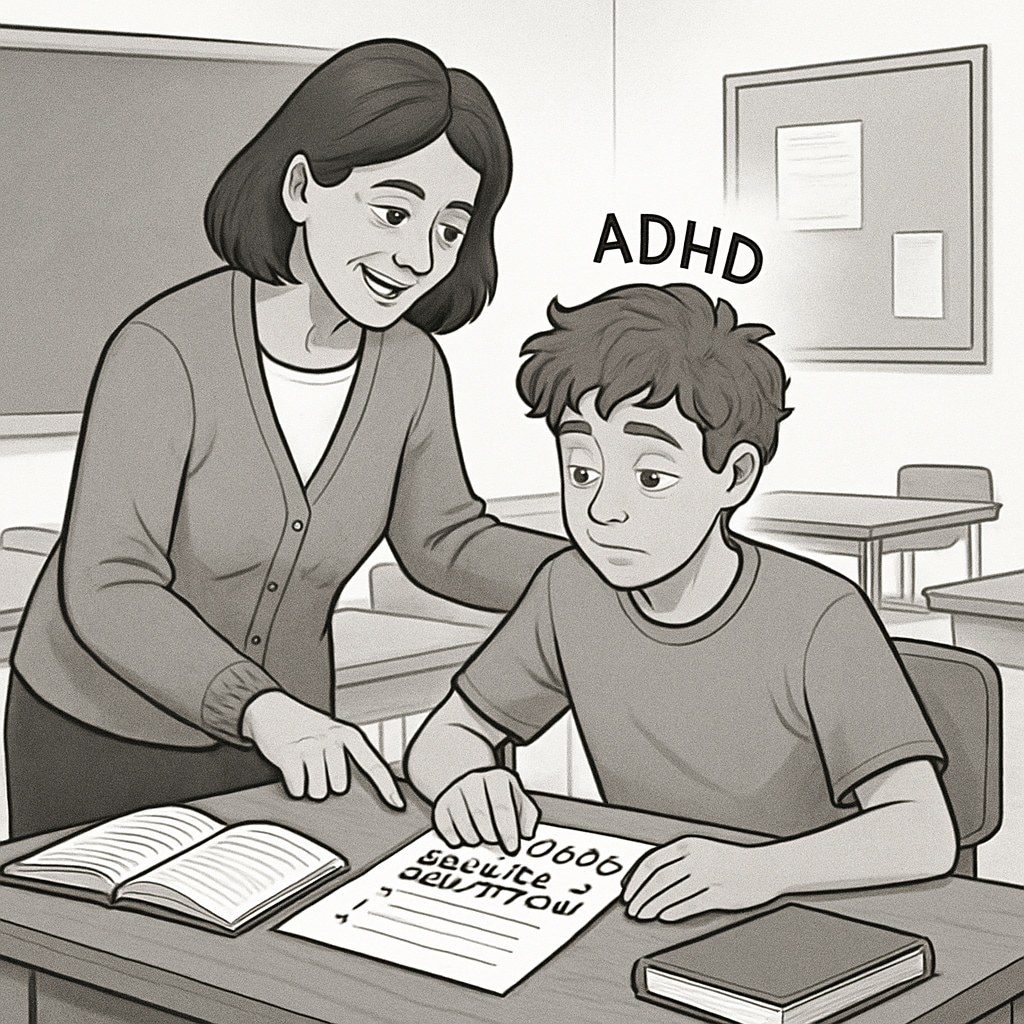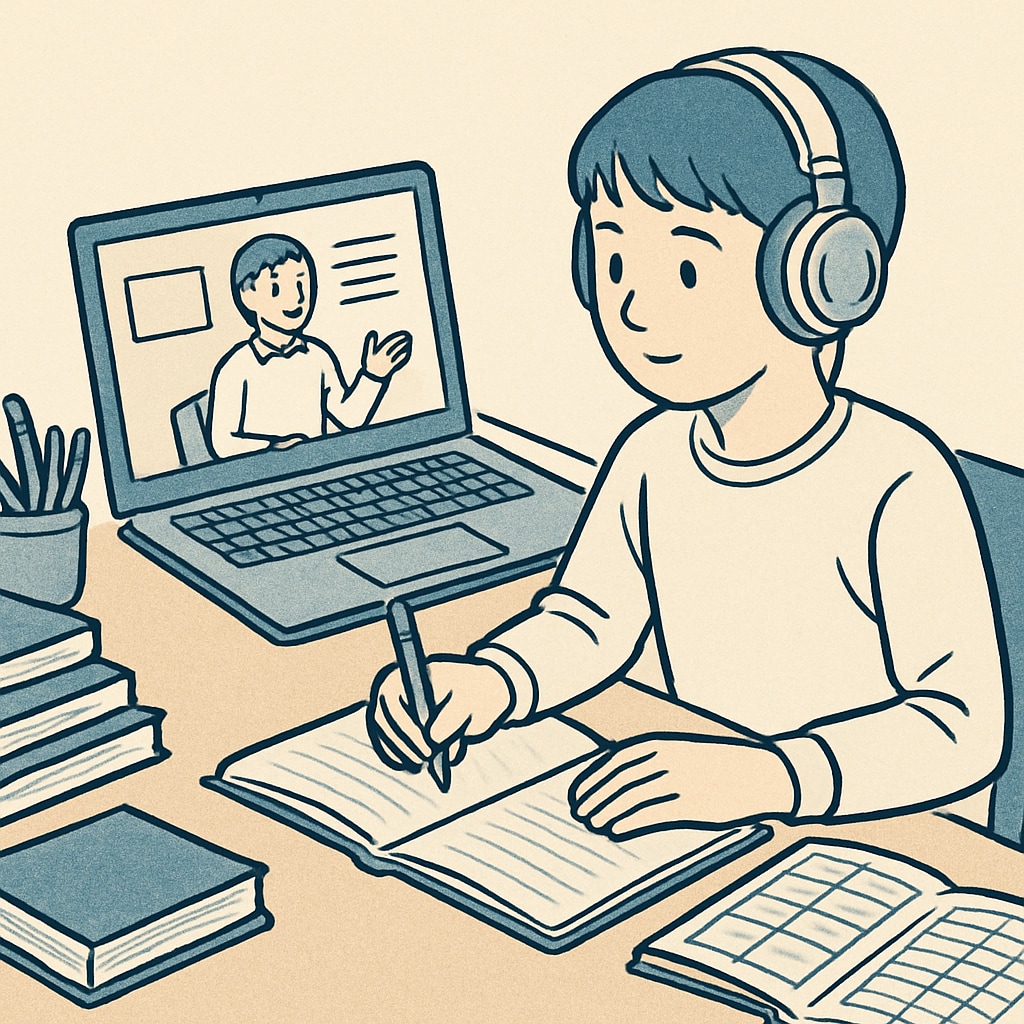For students dealing with credit deficiency, high school life can feel overwhelming—especially for those with ADHD. Challenges such as focus issues, organizational struggles, and family dynamics often exacerbate the difficulty of catching up academically. However, with the right strategies and tools, it is possible to recover missing credits, manage ADHD symptoms, and graduate on time. This article provides practical solutions tailored to ADHD students and shares steps to rebuild their academic journey.
Understanding Credit Deficiency and ADHD Challenges
Credit deficiency occurs when students fail to meet the required academic credits needed for graduation. For ADHD students, the battle is twofold: coping with learning difficulties and navigating personal obstacles that may have interfered with their progress. ADHD often impacts focus, time management, and task completion, which are essential for academic success.
To address this issue, students and their families must first identify the root causes of credit loss. Was it due to missed assignments, frequent absences, or difficulty understanding the material? Understanding the ‘why’ helps in crafting a tailored recovery plan.

Practical Ways to Recover Missing Credits
Recovering credits within a limited timeframe requires strategic planning. Here are effective methods to get back on track:
- Summer School Programs: Many schools offer summer courses designed specifically for credit recovery. These programs are often condensed and focused, providing students with an opportunity to catch up without the distractions of regular school schedules.
- Online Learning Platforms: Websites like Khan Academy and EdX provide flexible course options that allow students to work at their own pace.
- Dual Enrollment: High school students may be eligible to take college-level courses for dual credit, which can accelerate their progress while earning academic recognition.
- Tutoring Services: Personalized tutoring can help ADHD students grasp complex subjects and stay motivated.
As a result of these options, students can focus on regaining credits without becoming overwhelmed.

Building an Effective Support System
Recovering from credit deficiency isn’t just about academics—it requires emotional and logistical support. ADHD students benefit greatly from a structured environment and encouragement from mentors, counselors, and family members. Here’s how to build a supportive network:
- Engage School Counselors: Counselors can provide insights into graduation requirements, credit recovery opportunities, and accommodations for ADHD.
- Create a Study Plan: Break down assignments into manageable tasks and set realistic deadlines. Visual planners and apps like Trello can be helpful for students with ADHD.
- Seek Peer Support: Joining study groups or connecting with other students facing similar challenges can foster motivation.
- Include Family: Family members can play a crucial role in providing encouragement and accountability.
In addition, professional assistance such as therapy for ADHD symptoms can improve focus and reduce stress during this critical time.
Staying Motivated and Managing ADHD Symptoms
Maintaining motivation is key to catching up on credits. ADHD students often benefit from rewards-based systems, where small achievements are celebrated to reinforce positive behaviors. Additionally, managing ADHD symptoms is essential to staying on track:
- Use ADHD-Friendly Tools: Apps like Focus@Will and Pomodoro timers can help improve concentration during study sessions.
- Incorporate Regular Breaks: Short, frequent breaks can prevent burnout and maintain focus.
- Practice Mindfulness: Techniques like meditation can help reduce anxiety and improve focus.
- Maintain a Healthy Lifestyle: Exercise, proper nutrition, and consistent sleep schedules support brain function and overall well-being.
As a result, ADHD students can balance their academic workload while improving their mental health.
Recovering from credit deficiency is not an easy journey, but with determination, strategy, and support, ADHD students can turn their setbacks into success stories. By utilizing tools and building a strong network, these students can graduate on time and move forward with confidence.
Readability guidance: Use short paragraphs and bullet points to ensure clarity. Include actionable tips under each subheading to make the content engaging and practical for readers.


